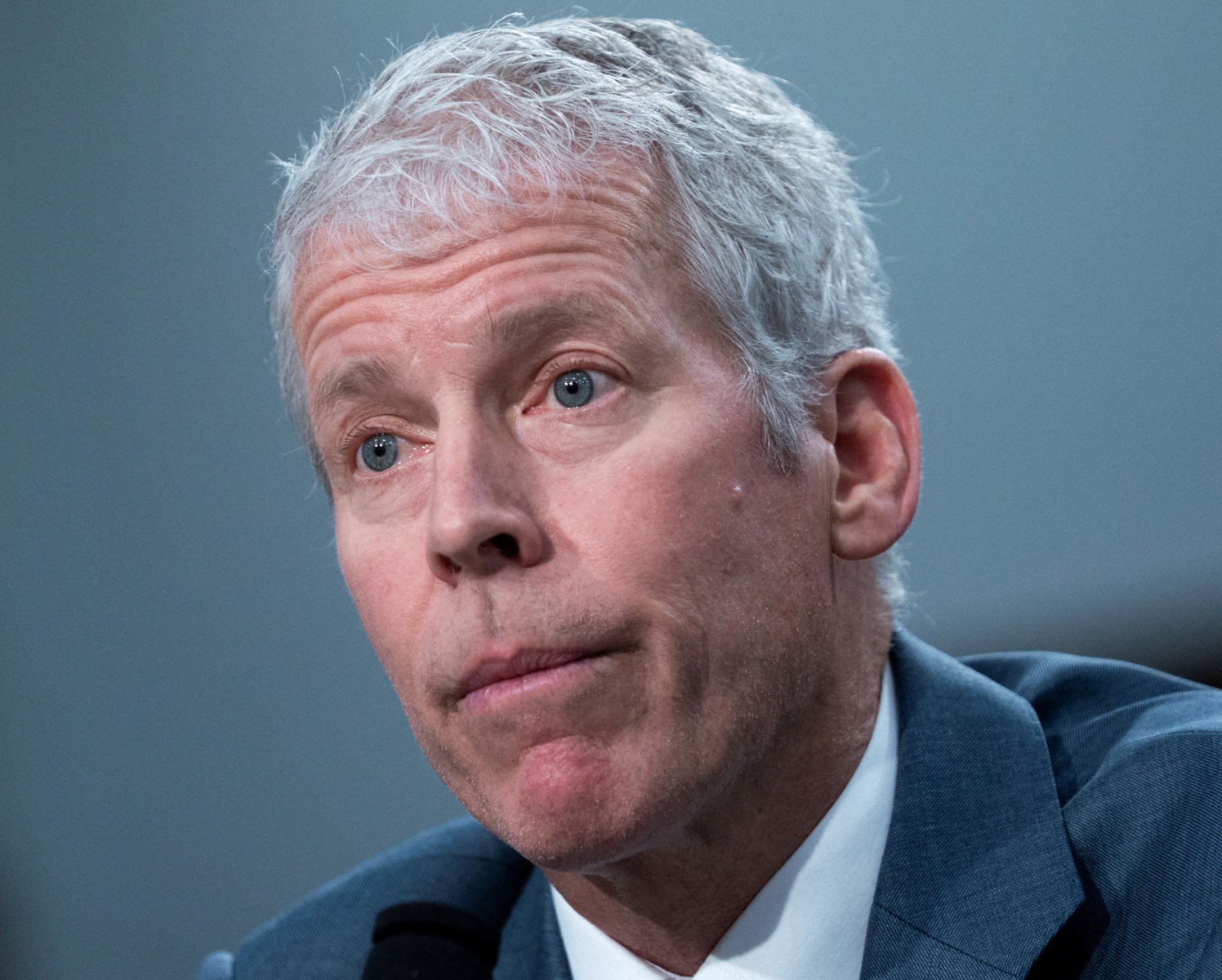
Wright told CNN that his administration is scrutinizing the National Climate Assessment (NCA) reports produced over the past two decades, which comprehensively detail the impacts of climate change on public health, agriculture, water resources, and air quality. He claimed earlier reports contained "objectionable" elements and suggested they were unfair in assessing climate change.
The NCA reports, mandated by Congress and authored by hundreds of scientists through rigorous, peer-reviewed processes, are considered the authoritative benchmark on climate science in the US. Wright's announcement comes shortly after the Department of Energy released a controversial report minimizing climate risks, which scientists widely criticized as misleading.
Prominent climate scientist Michael Mann condemned Wright's remarks as reminiscent of historical attempts to manipulate scientific truth, saying, "This is exactly what Joseph Stalin did." Meanwhile, Dr. Rachel Cleetus of the Union of Concerned Scientists expressed alarm that the administration appears intent on discarding evidence-based science in favor of misleading narratives that downplay the worsening climate crisis.
"The National Climate Assessments provide essential data that decision makers, businesses, and the public rely on to protect lives amid intensifying climate impacts," Cleetus said. She called on Congress to safeguard the integrity of these reports against political interference.
The Department of Energy has clarified that Wright does not intend to personally alter past reports, but concerns remain high after the Trump administration removed the official NCA website earlier this year. In response, scientific organizations including the American Meteorological Society and American Geophysical Union have pledged to produce independent peer-reviewed research to fill any gaps.
This controversy coincides with the Environmental Protection Agency's move to roll back the 2009 "endangerment finding," a key regulation underpinning limits on industrial greenhouse gas emissions. Experts fear this marks an effort to weaken pollution controls, potentially sparking prolonged legal battles.